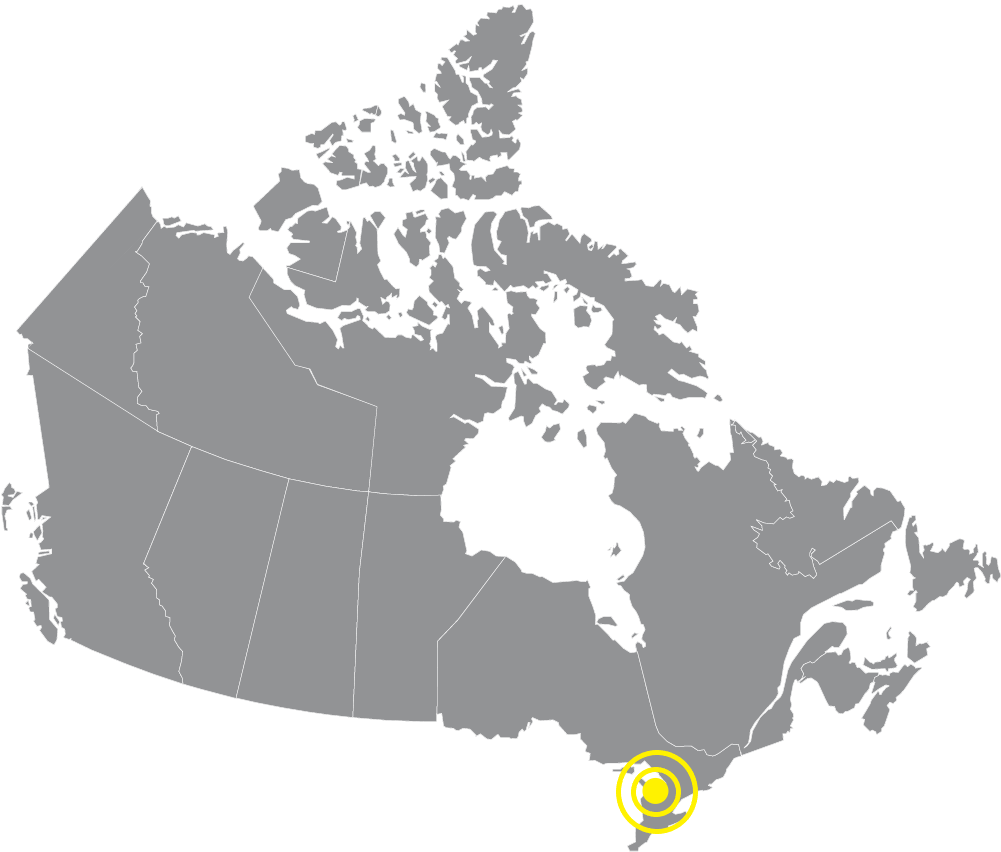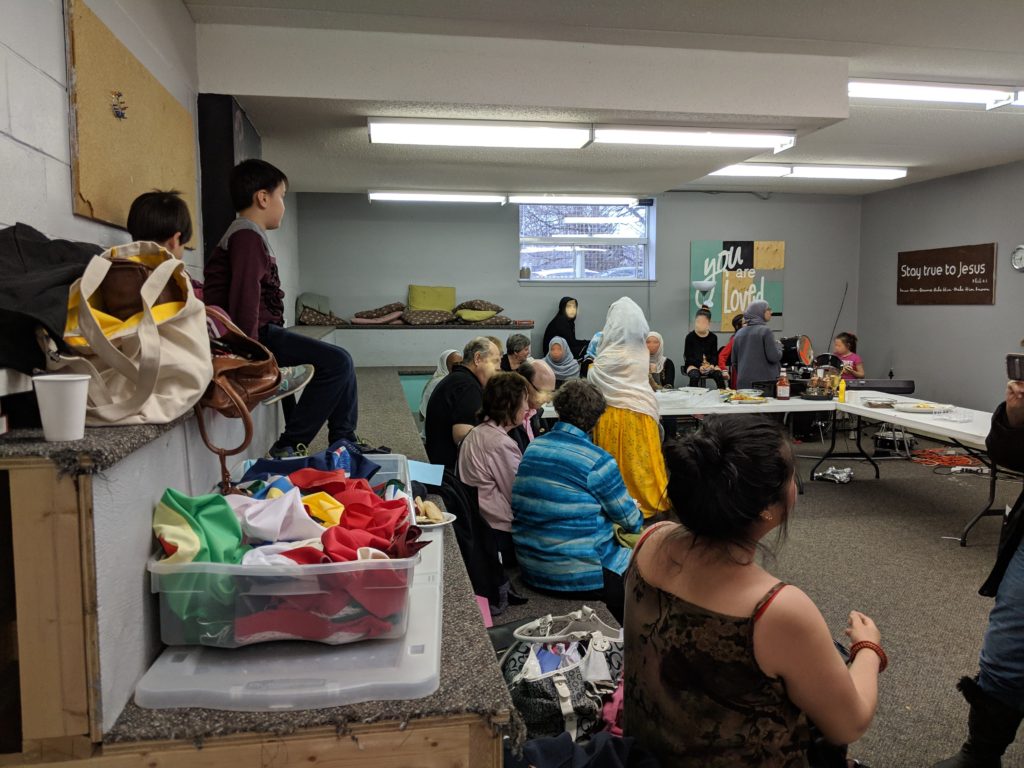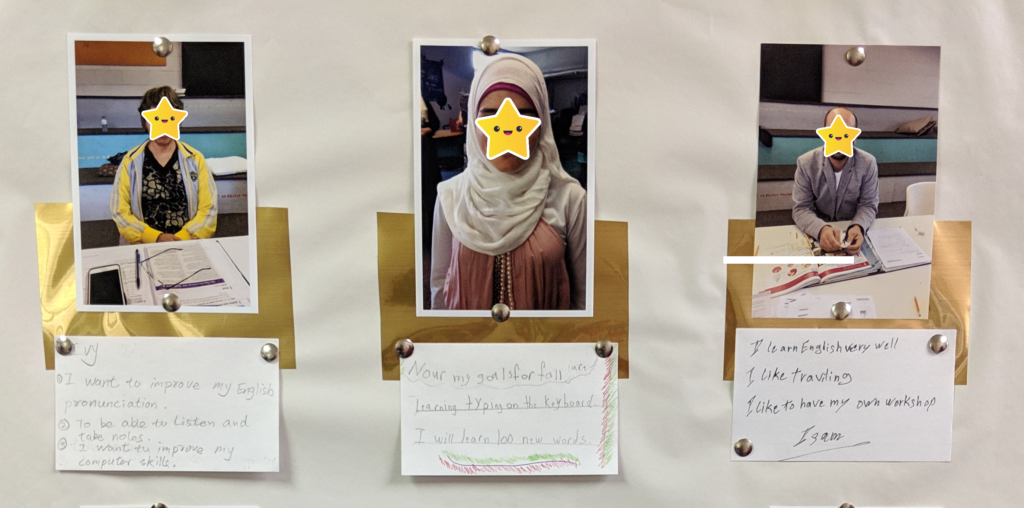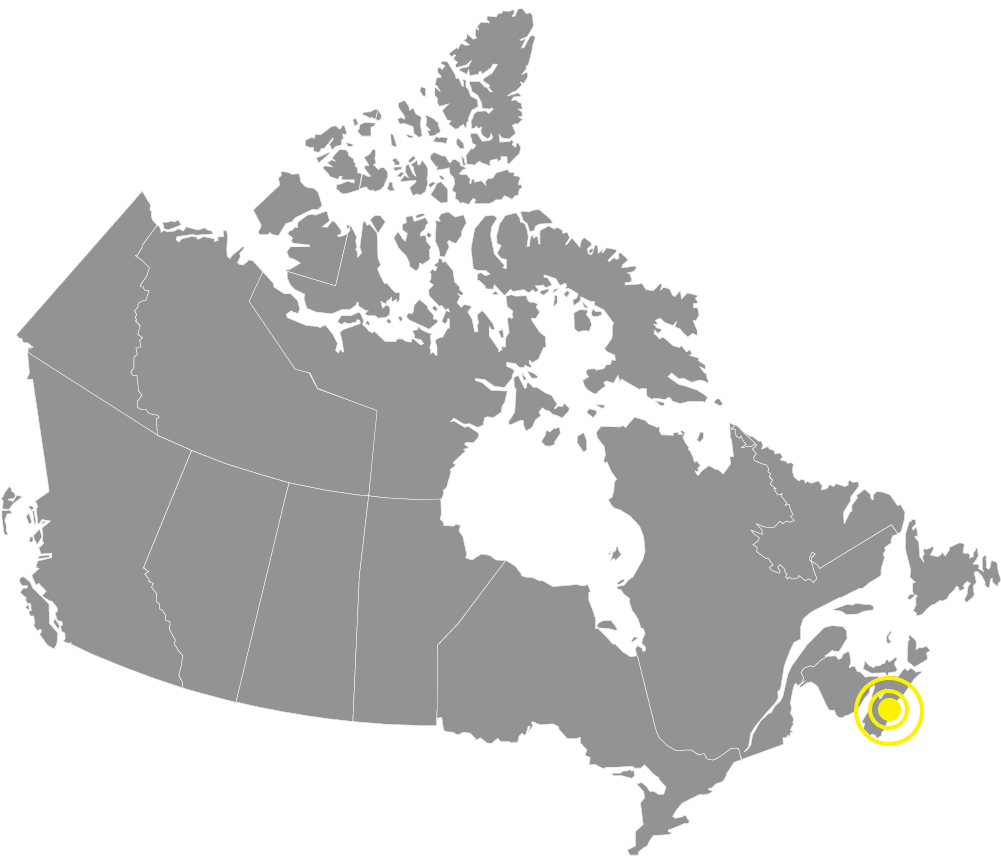When you walk down a street in a regional town, the odds are that many of the people you pass are descendants of people who, at some point in the distant or near past, have come from abroad in search of a better life. It’s easy to lose sight of where we have come from and the contributions made by newcomers that have helped the community get to where it is today. Local identity is also shaped by indigenous populations who should be recognised and included in community planning.
Towns that keep sight of where they have come from and value the contributions of past migrants find it easier to welcome other newcomers.
In 2016, when the town of Missoula, USA first started thinking about resettling African refugees some locals were apprehensive about how they would fit in. It seemed a radical idea for the town. Located in central Montana, most newcomers in recent years were students from other parts of the USA. There was also some concern within the indigenous community. The region’s history of dispossession, dislocation and removal of land from Native American people meant that there was resistance to allowing outsiders into their community. Community leaders were vital in responding to these concerns and appealing to Missoulians’ shared identity as a tolerant and unified place.
Some Native American community leaders spoke out vocally in support of bringing the refugees, encouraging others to think about their shared human values. Mayor John Engen took every opportunity to remind locals that it was only 40 years ago that over 350 Hmong refugees were resettled in Missoula from Laos. “There will come a time when Missoulians won’t remember when Congolese tradition wasn’t part of the Missoula tradition in the same way today that we really don’t remember when Lao tradition wasn’t part of who we are. The grandchildren of those refugees are now represented at the Missoula Farmers Markets, where their produce is renowned, and their contribution to the community is widely recognised and celebrated.” Mayor John Engen.




